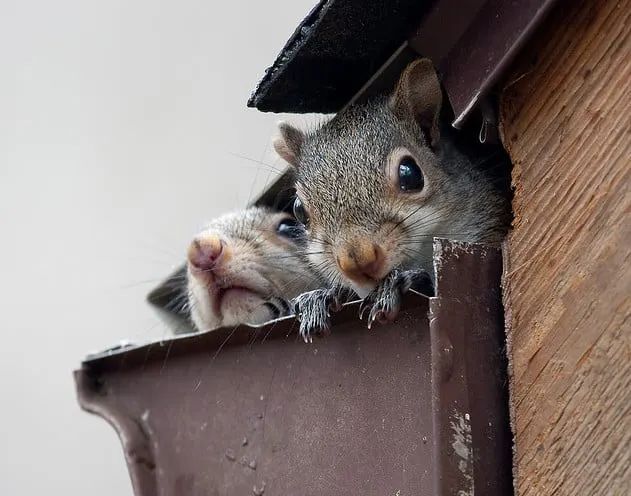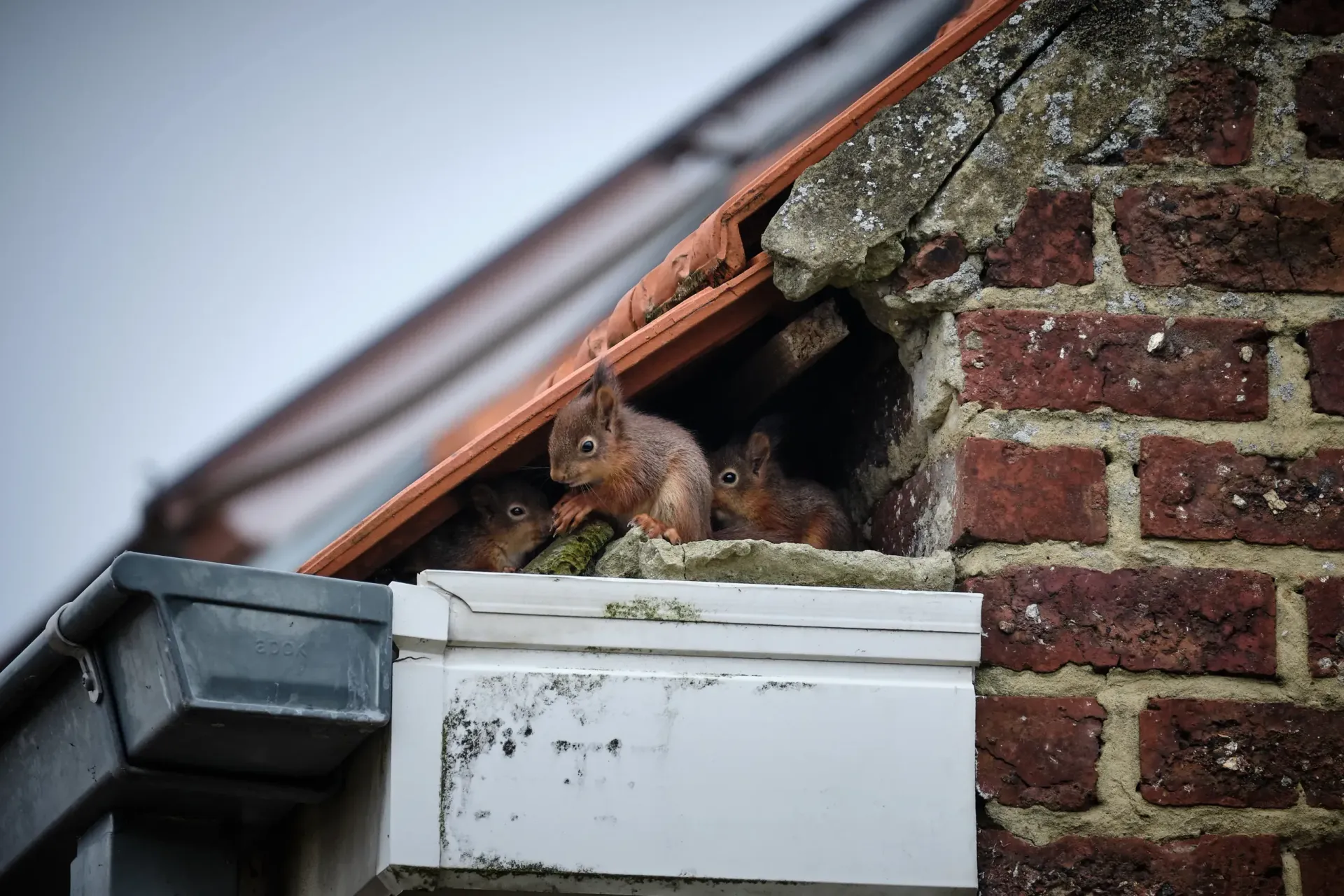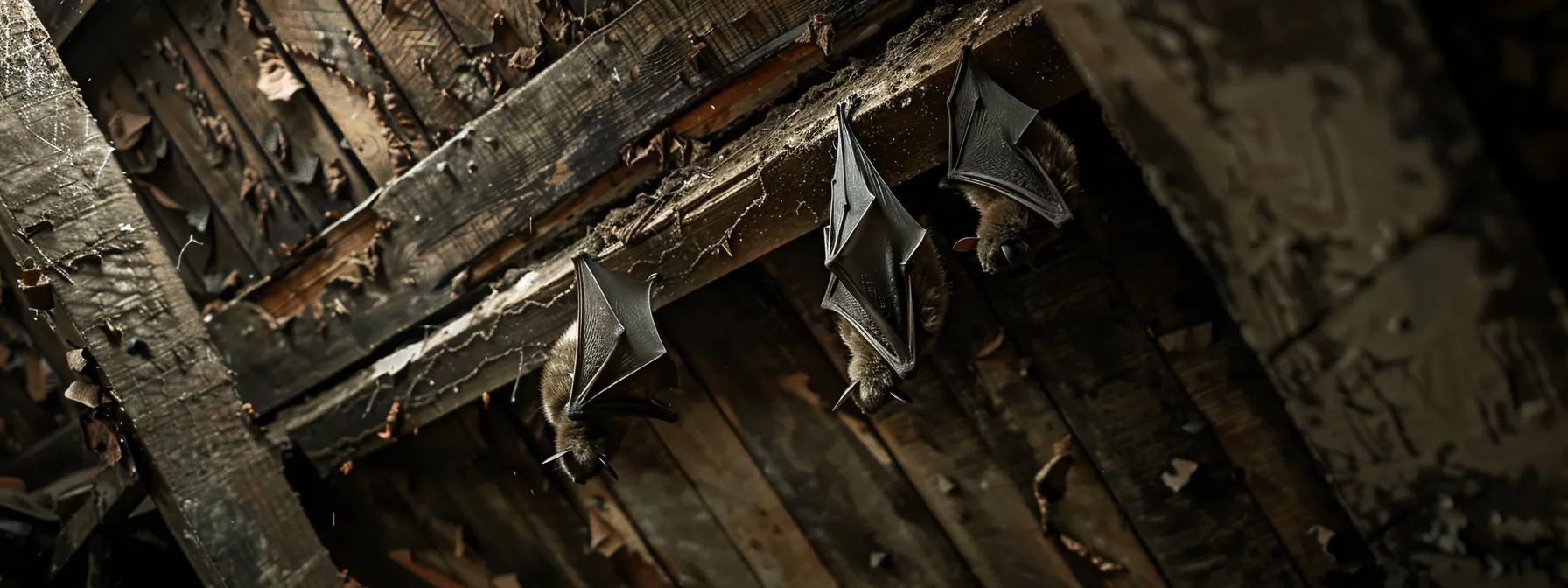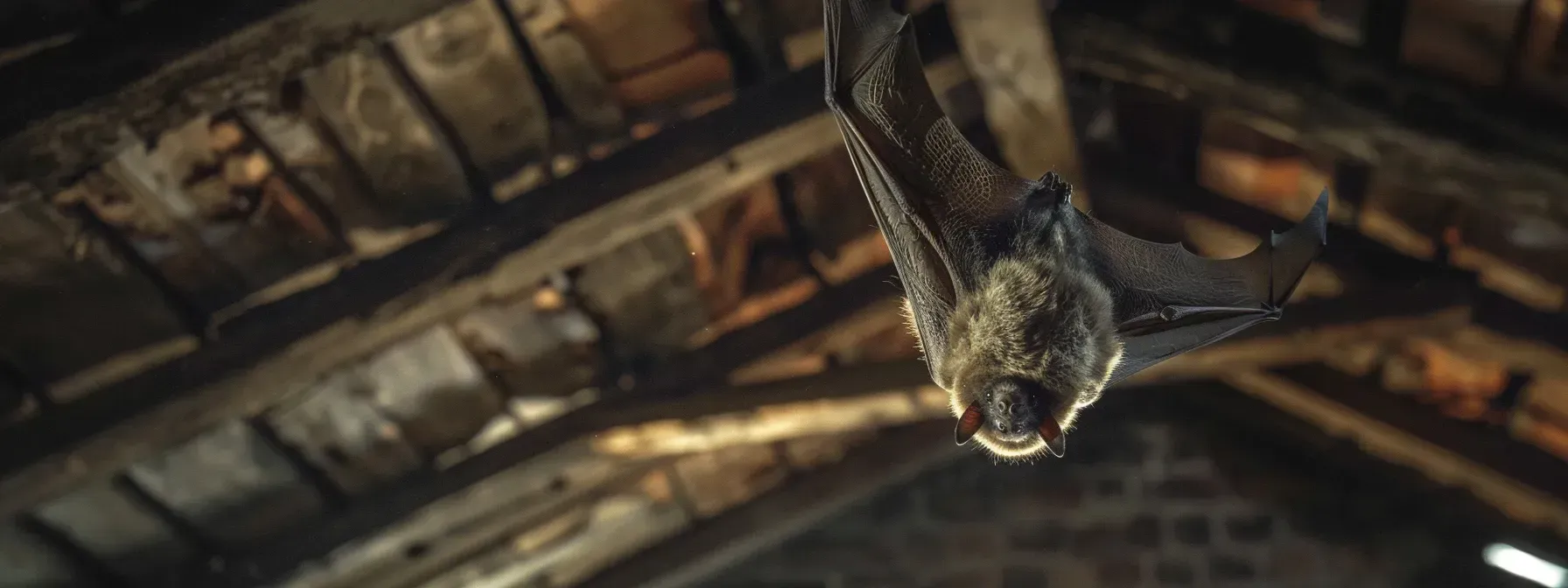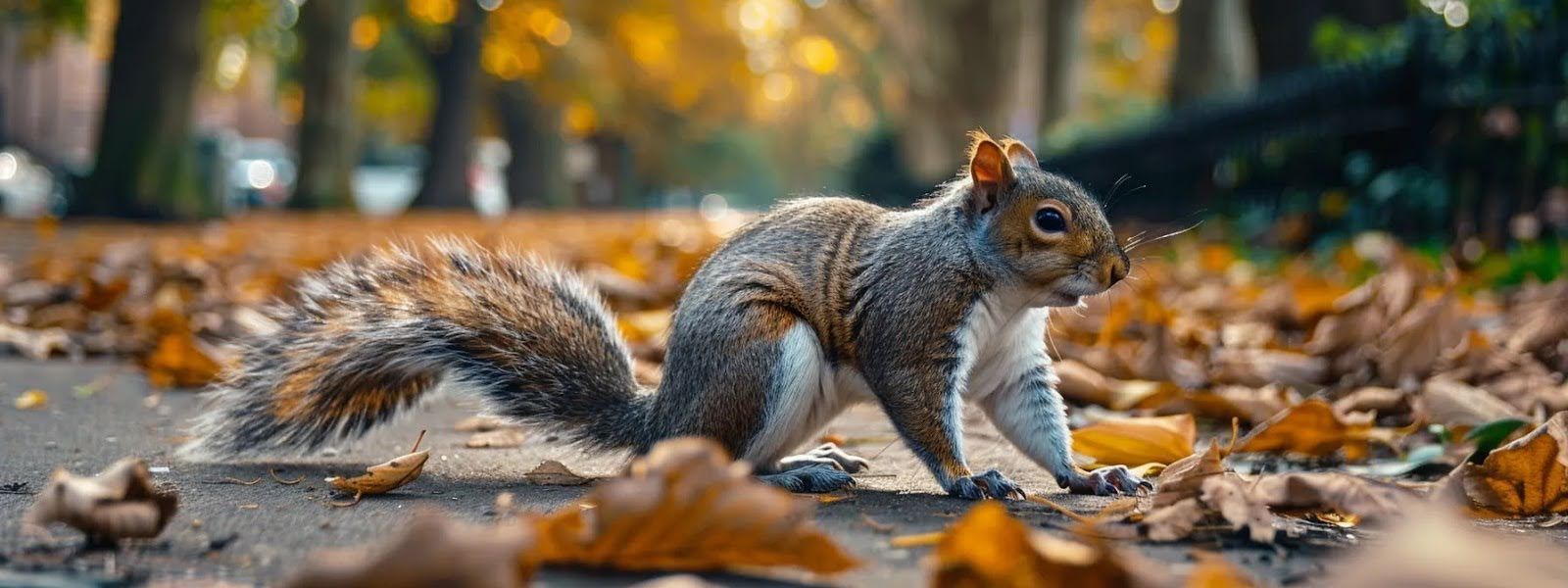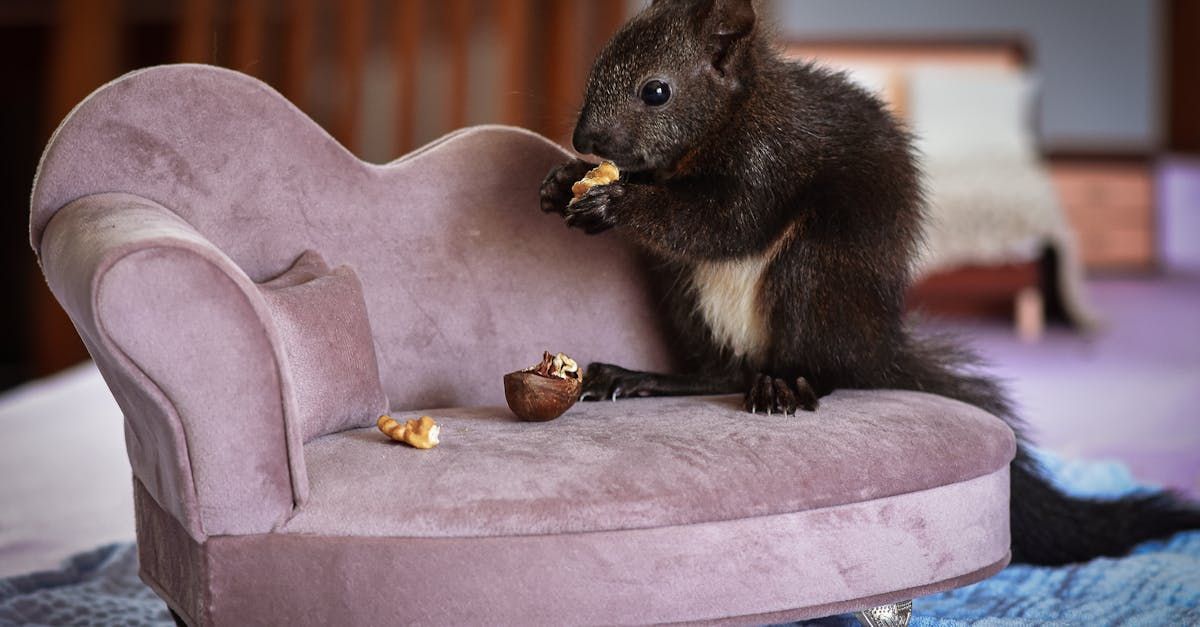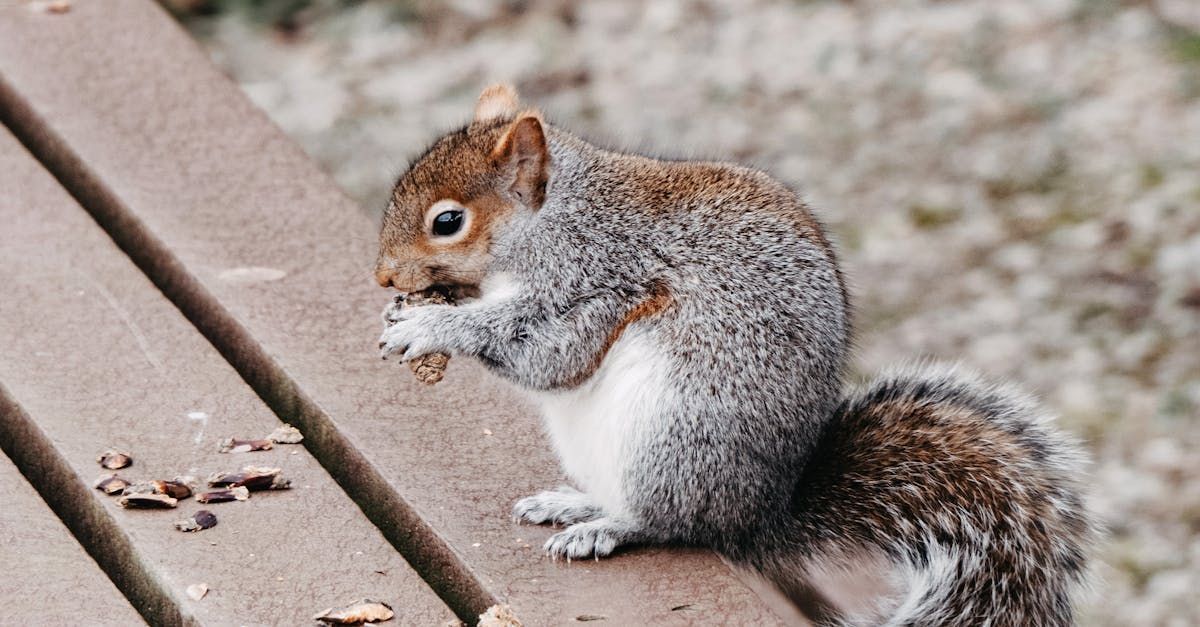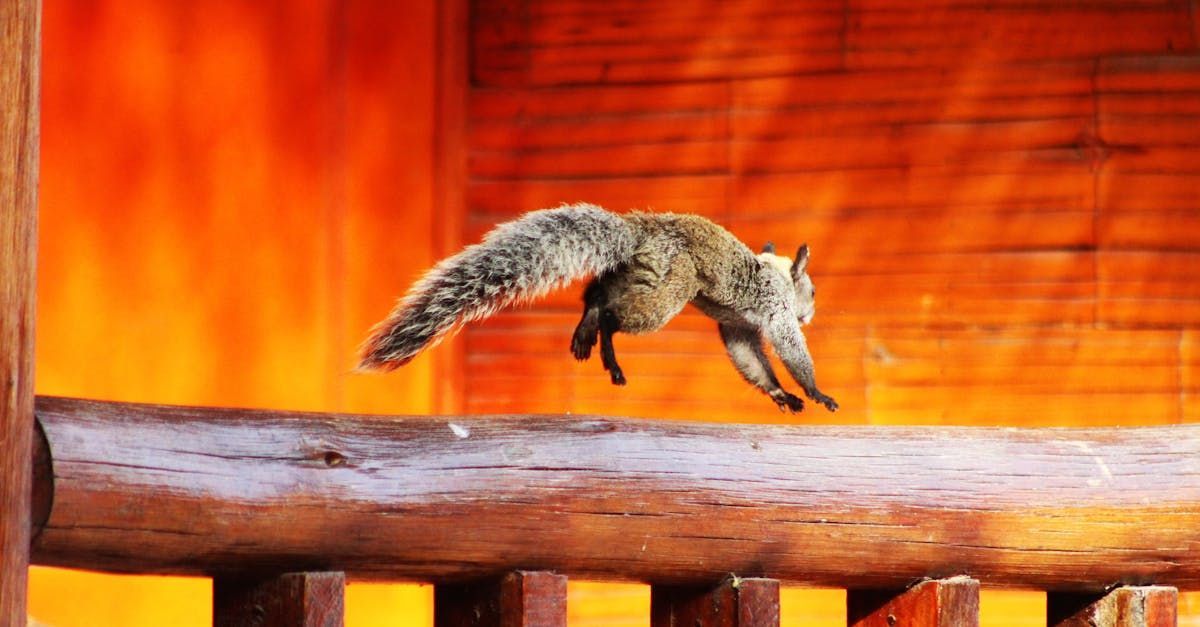6 Effective Ways To Keep Squirrels Out Of Your Garden
While squirrels may be charming creatures, they have enough capability to destroy gardens, from nibbling on fruits and vegetables to digging up bulbs. Fortunately, there are effective methods to keep them at bay. In this post, we’ll explore six practical ways to achieve successful squirrel removal and protect your garden.
Trim Tree Branches
Squirrels are excellent climbers and jumpers. They can easily leap from a tree branch to your garden. To make their journey a little less thrilling (and more inconvenient for them), consider trimming tree branches that overhang your garden. This creates a barrier, forcing them to find alternative routes – preferably not through your meticulously planned garden beds.
Pro Tip: Prune strategically. Aim to maintain a distance of at least 6 feet between tree branches and your garden to effectively deter these nimble creatures.
Add Individual Plant Nets
Another effective method for squirrel removal is using individual plant nets. These nets can protect your plants from being eaten or damaged by squirrels. For instance, if you have a tomato plant that squirrels seem to love, placing a net around it can keep the critters at bay.
Pro Tip: Look for lightweight garden netting readily available at most gardening stores. Choose a mesh size small enough to deter squirrels (around ¼ inch) while still allowing sunlight and water to reach your plants.
Install Motion-Activated Sprinklers
Squirrels are naturally wary of sudden movements and sounds. Installing motion-activated sprinklers can scare them away from your garden. For example, if a squirrel tries to dig up your flower bulbs, the sudden water spray will likely startle it and deter it from returning.
Pro Tip: Position your sprinklers strategically to cover vulnerable areas of your garden, like vegetable patches or newly planted flowerbeds.
Use Gravel or Stones as Mulch
Squirrels love digging in soft soil, searching for treasures like nuts and bulbs. They dislike digging in gravel or stones. Using these materials as mulch in your garden can discourage squirrels from digging up your plants. For instance, if you have a bed of tulips, consider mulching it with gravel. The rough texture will deter squirrels from digging and damaging your tulips.
Pro Tip: A 2- to 3-inch layer of gravel or stones around the base of your plants is sufficient to deter burrowing. This type of mulch also offers additional benefits, such as helping retain moisture and suppressing weed growth.
Keep Your Garden Clean
Squirrels are opportunistic feeders, and any potential food source in your garden is an open invitation. Here are some tips to keep your garden clean and unappealing to squirrels:
- Pick up fallen fruits and nuts immediately. Don't let these become a free buffet for squirrels.
- Compost vegetable scraps properly. Don't create an easily accessible food source on your property.
- Clean up birdseed spills around feeders. Attract birds, not squirrels, by keeping the area beneath feeders clean.
By maintaining a clean and tidy garden, you remove potential food rewards that might entice squirrels to linger.
Contact Catch A Critter
If you’ve tried everything and still have a squirrel problem, it might be time to call in the professionals. Wildlife removal companies like Catch A Critter can offer a safe and effective solution for deterring squirrels from your garden. Here's why partnering with us can be your best defense:
- Expertise and experience: As wildlife removal specialists, we have the knowledge and experience to identify the specific entry points squirrels might be using and to implement targeted exclusion strategies.
- Safe and humane methods: Catch A Critter prioritizes humane animal removal. Our technicians use safe and effective methods to trap and relocate squirrels, ensuring the safety of both the animals and your family.
- Long-term solutions: Professional wildlife removal goes beyond simply removing the squirrels. Catch A Critter can identify and seal potential entry points to prevent future infestations.
- Peace of mind: Dealing with a squirrel problem can be stressful. Letting a professional handle it allows you to focus on nurturing your garden and enjoying your harvest.
Conclusion
Keeping squirrels out of your garden can be challenging, but with these tips, you can protect your plants and enjoy a squirrel-free garden. Remember, the key to effective squirrel removal is a combination of prevention, deterrence, and professional help when needed. Don’t let squirrels ruin your hard work in the garden. If you need professional help with
squirrel removal in Cumming, Georgia, don’t hesitate to
contact Catch A Critter. As our slogan says, “Don’t worry, We’ll Catch That Critter!”
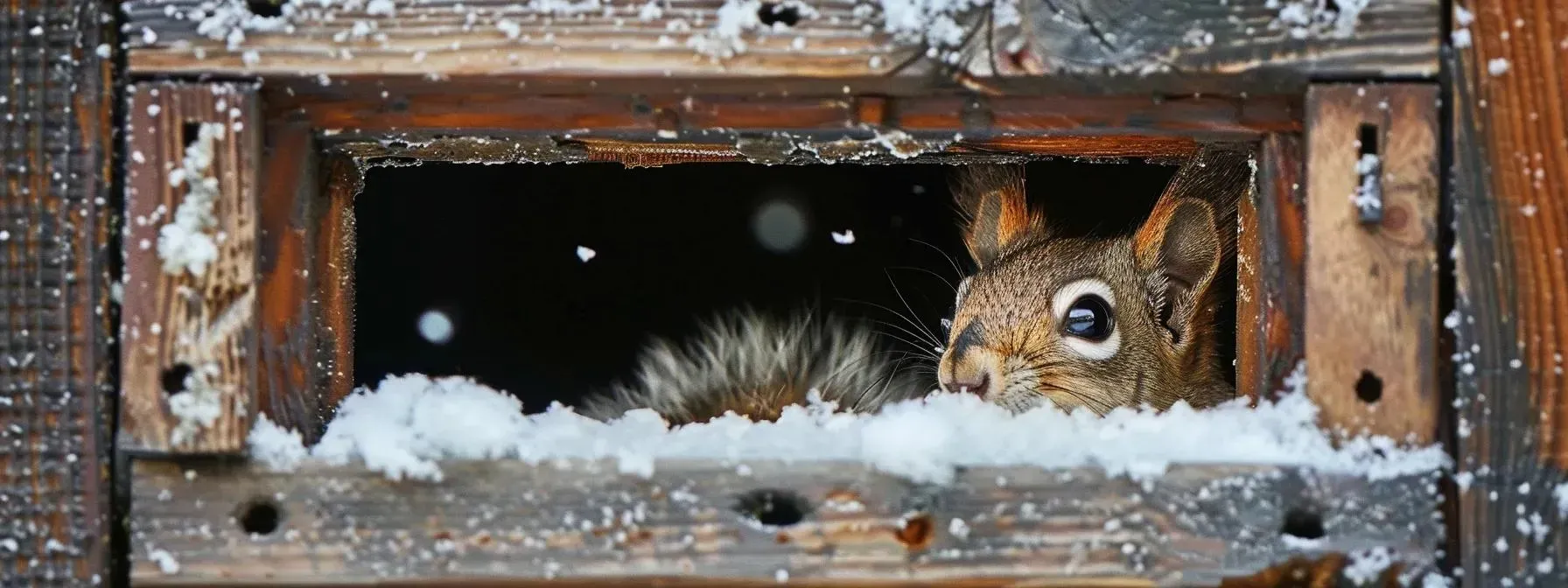

Slide title
Write your caption hereButton
Business Hours
- Mon - Sat
- -
- Sunday
- Closed
Proudly Serving Forsyth County, Gwinnett County, Fulton County, and Dawson County
All Rights Reserved | Catch A Critter



